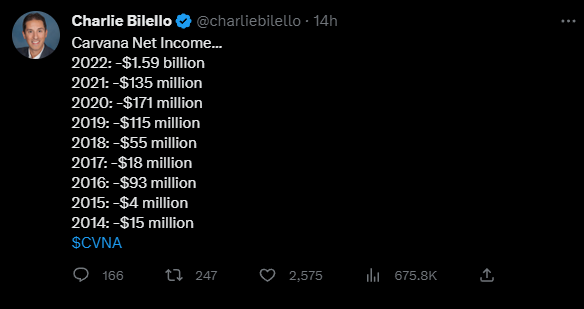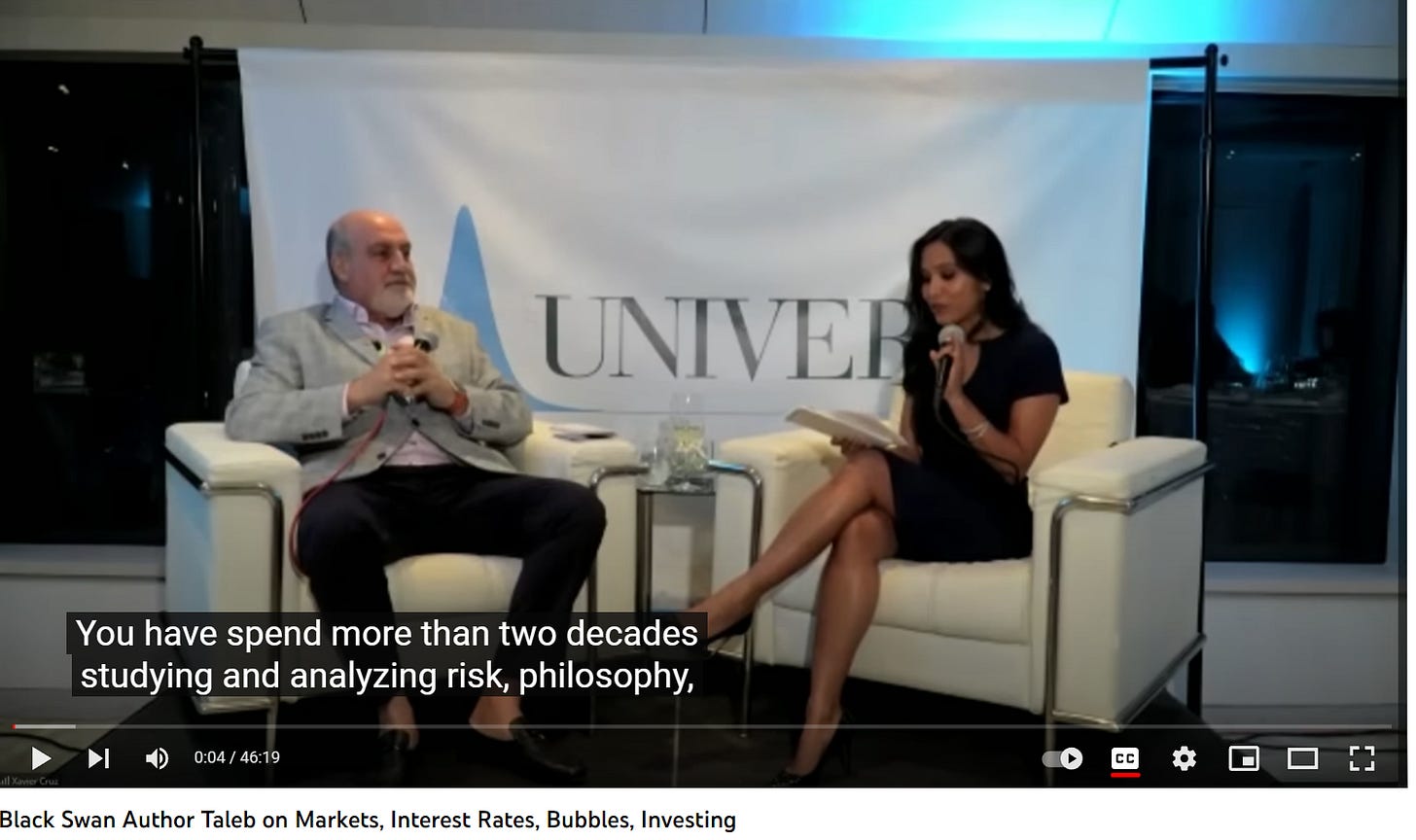M&Ms: Rewarding Activity
How believing activity will always be rewarded can be harmful on the 95th edition.
Hey team,
You shouldn't trust dentists who get paid solely based on how many teeth they pull.
It's easy to see how that reward scheme might harm you. A dentist like that might turn you into a toothless tiger. The real world rarely rewards just for activity. And when people try to force reward just for activity, there can be real harm in it.
This is also why you shouldn't trust an engineering leader who determines seniority and pay based on:
– Github commit frequency
– Lines of code
– Story points
Engineers can easily game those things. Gaming can lead to over-activity, easily harming the customer, the team, and the bottom line. More than one firm has lost its customer's trust from consistent nasty bugs and sloppy software.
But many can't help it and continue associating activity with impact and value.
It's not just hypothetical dentists and engineers that do this; I see folks on Twitter associate activity with impact all the time too. I was once told, "just publish 500 editions of your newsletter; it will be a success." But if I put in all that time and it's still not a success?
I think we believe that activity always leads to impact because when we start something new, we need the reps to get good. Without activity, there is no personal improvement. You can't read your way to becoming great at things. A junior dentist probably needs to pull some teeth to get good, and I know junior devs need to write a bunch of code to become great.
But writing a bunch of code is a vastly different thing from the value that junior added. And it would be terrible for me to reward my senior devs for exploding out our code base based on their lines of code added.
As Charlie Munger wisely said—you have to be careful what you reward because you will get a lot more of it. And more code is not better.
And if you become great at what you do through these reps, you still need to add value and impact this world full of randomness to receive its rewards. You need the chance. To become senior, my developers needed to impact our customers and make things easier on our team with their code, not just write great code that helps no one.
Take, for example, this newsletter; I am on the 95th edition. All that writing activity and those reps have undoubtedly improved me as a writer. This newsletter has grown steadily to a little over 4k subscribers over those 95 weeks. And last week, I wrote about opportunities all that doing has opened for me. It's been many opportunities, but it's important to add that the world did not automatically reward me for just activity. I tried a lot of other things that got layered on along the way.
Take a corollary of my newsletter, yesterday, we launched theSmall Bets Newsletter with my friends Daniel Vassallo and Chris Wong, and that newsletter got nearly 4k subscribers in 48 hours. And we have only put out one issue so far.
Daniel Vassallo, in a few tweets and one email, was able to help us impact as many people as it took me nearly two years of weekly activity to do on my own. Now, I know Daniel has a large audience on Twitter, but if you only focus on that, you will miss the point that activity is not automatic value or impact.
There is demand for the topic we are passionate about in the Small Bets newsletter. People want to learn how to make their first few dollars online, and we plan to teach them and inspire them to try things. With demand comes opportunity. And when opportunity meets preparation, then magic can happen.
I needed activity to get good enough at writing, but I also needed the opportunity to make an impact. And the opportunity might have never come if I wasn't open to trying things.
All of this is to say that you should be careful with dental offices that only reward teeth pullings. There can be real harm in it. And if you work at one of these places, those rewards might fool you into believing activity will always lead to impact or value.
Three Tweets: Hijacking Google, Low-interest rates
A crazy thread on how Google Ads are being hijacked to insert middlemen between you and your favorite restaurants.
The market is full of firms like this, and the longer high-interest rates remain, the lower their odds of survival.
Taleb argued incredibly well, in a talk with Bloomberg, recently, that low-interest rates actually harmed our society in the last decade by rewarding firms like this.
Low-interest rates increased inequality instead of rewarding real businesses that add real value. And left main street holding the bag on a lot of IPOs and fraud.
Another example:
Two Memes: Tax Season, Crazy Questions
Tax season is upon us here in the U.S., and this tweet feels incredibly accurate.
Katie had a great thread on crazy questions she has seen asked in tech all hands.
Small Update:
This week we started the Small Bets Newsletter with my friends Chris Wong and Daniel Vassallo
I would love to have you in there. Join for the inspiration & lessons on entrepreneurship. It might inspire you to make your first few dollars online.
It’s free and will always be full of good stuff.
As always, thank you for reading!
-Louie
P.S. you can reply to this email; it will get to me, and I will read it.









Hell yeah, just subscribed to the Small Bets Newsletter, Louie!!
So cool to see what you and Chris are doing, can't wait to follow along✨